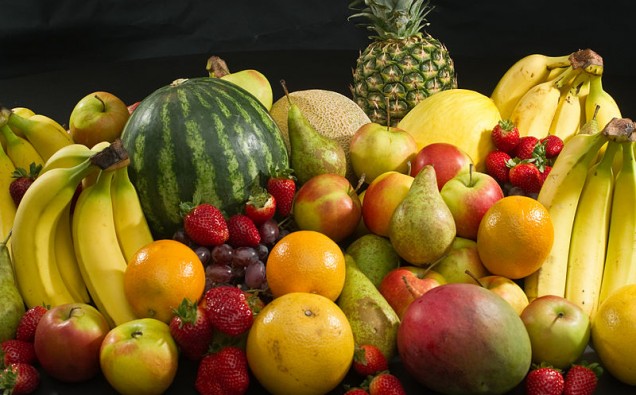
Life has been restricted for a majority of children to homes for almost a year now. No schools, no playground activity like before, and fitness rooms are generally closed to younger people anyway.
So, during the COVID-19 restricted way of living, home is the playground. Home is also the restaurant, the school cafeteria, and venue for events previously held in the open or in schools.
Since children need both a healthy diet and exercise as they grow up, many parents have a hard time reconciling and finding a new balance when kids stay home.
Recently, UNICEF, the UN Fund for Children’s Education issued an interesting panoply of nourishments that might help parents find that elusive balance during the altered lifestyle.
I find these ideas a healthy mix of a natural diet, cooked meals, and fresh fruits and vegetables that combined together meet nourishing needs.
Firstly, we must maintain fruit and vegetable intakes for children.
“Whenever it is possible to get hold of fresh produce, do so. As well as being eaten fresh, fruits and vegetables can be frozen where possible and will retain most of their nutrients and flavor.
“Using fresh vegetables to cook large batches of soups, stews, or other dishes will make them last longer and provide meal options for a few days. These can also be frozen where possible and then quickly reheated.”
Secondly, UNICEF says we can also try healthily dried or canned alternatives when fresh produce is not at hand.
For example, it says, canned beans and chickpeas, which provide an abundance of nutrients, can be stored for months or even years and can be included in meals.
“Canned oily fish such as sardines, mackerel, and salmon are rich in protein, omega 3 fatty acids, and a range of vitamins and minerals.”
They are used cold in sandwiches, salads, or pasta dishes, or cooked as part of a warm meal.
“Dried goods like dried beans, pulses, and grains such as lentils, split peas, rice, couscous, or quinoa are also nutritious, long-lasting options that are tasty, affordable, and filling. Rolled oats cooked with milk or water can serve as an excellent breakfast option, and can be spiced up with yogurt, chopped fruits or raisins.”
Thirdly, the organization says we should have a stock of healthy snacks.
“Children often need to eat a snack or two during the day to keep them going. Rather than giving kids sweets or salty snacks, opt for healthier options like nuts, cheese, yogurt (preferably unsweetened), chopped or dried fruits, boiled eggs, or other locally available healthy options. These foods are nutritious, more filling, and help build healthy eating habits that last a lifetime.”
Fourthly, the organization forbids highly processed foods.
“While using fresh produce may not always be possible, try to limit the amount of highly processed foods in your shopping basket. Ready-to-eat meals, packaged snacks, and desserts are often high in saturated fat, sugars and salt. If you do purchase processed foods, look at the label, and try to choose healthier options containing less of these substances. Try to also avoid sugary drinks and instead drink lots of water. Adding fruits or vegetables like lemon, lime, cucumber slices or berries to water is a great way to add an extra twist of flavor.”
Lastly, bring in some psychology to the play because children can easily bored with the repetition of daily routines during the lockdown.
The best way would be to “make cooking and eating a fun and meaningful part” of your family routine
“Cooking and eating together is a great way to create healthy routines, strengthen family bonds, and have fun. Wherever you can, involve your children in food preparation – small children can help with washing or sorting food items while older children can take on more complex tasks and help to set the table.”
Also, the UNICEF says parents should “try as much as possible to stick to fixed mealtimes as a family. Such structures and routine can help reduce anxiety for children in these stressful situations.”


















